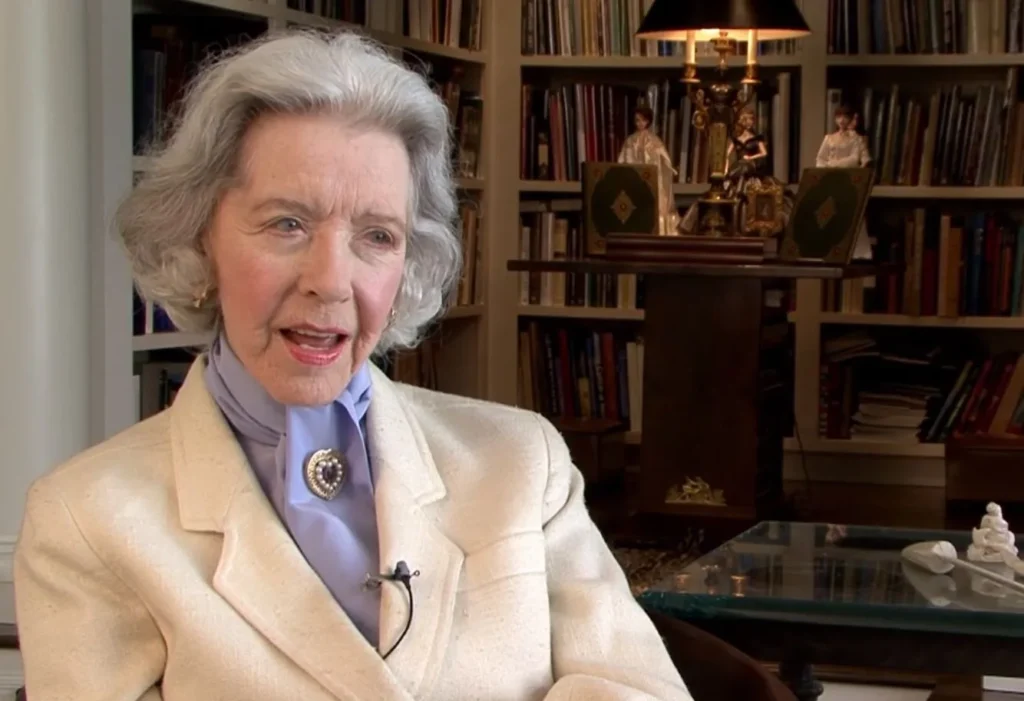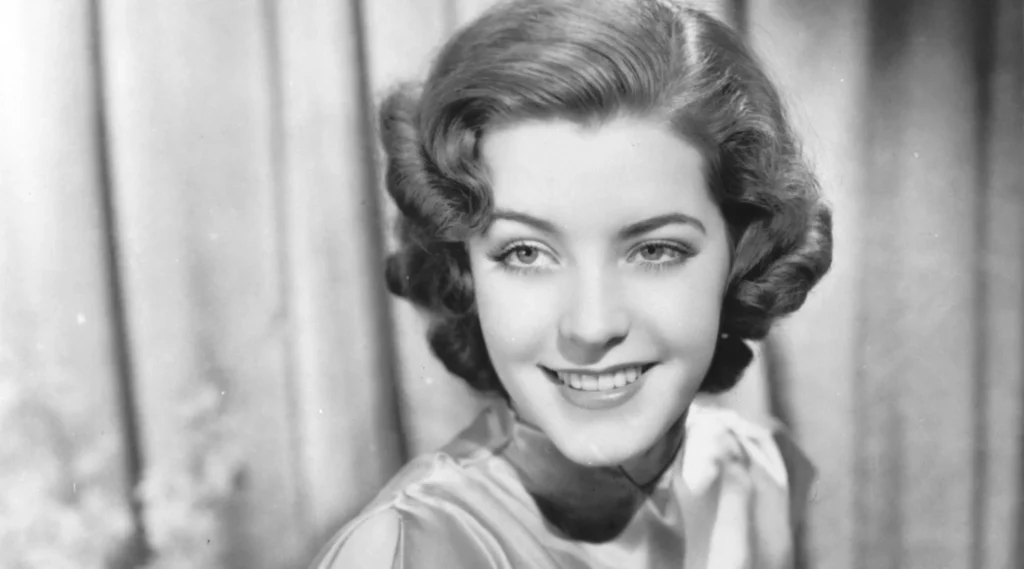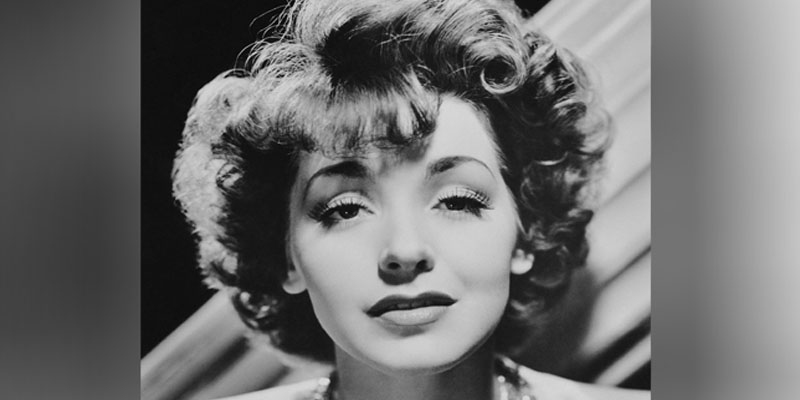Marsha Hunt, the bright-eyed starlet who stood out in such films as These Glamour Girls, Pride and Prejudice and Raw Deal before her career came unraveled by the communist witch hunt that hit Hollywood, has died. She was 104.

She died Wednesday of natural causes at her Sherman Oaks home, where she had lived since 1946, Roger C. Memos — writer-director of the documentary Marsha Hunt’s Sweet Adversity — told The Hollywood Reporter.
Hunt also appeared opposite Mickey Rooney in the best picture Oscar nominee The Human Comedy (1943) during a period in which she was known as “Hollywood’s Youngest Character Actress.”

A former model who signed with Paramount Pictures at age 17, the Chicago native made her first big splash as a suicidal co-ed opposite Lana Turner in MGM’s These Glamour Girls (1939).
Playing Walter Brennan’s sweetheart in Joe and Ethel Turp Call on the President (1939), Hunt aged from age 16 to 65 onscreen. She portrayed the dowdy sister Mary Bennet in Pride and Prejudice (1940), and in Anthony Mann’s film noir classic Raw Deal (1948), she was the good girl opposite Claire Trevor and Dennis O’Keefe.
Years later, in Johnny Got His Gun (1971) — penned by blacklisted writer Dalton Trumbo — Hunt played the mother of Timothy Bottoms’ quadruple-amputee character.
Though she never achieved the stardom of some of her co-stars, Hunt was proud of her career, especially early on. “Before I was 30, I had played four aging roles, and I was Hollywood’s youngest character actress … no two roles alike,” she told the website Ms. in the Biz in 2015.
In 1947, Hunt and her second husband, screenwriter Robert Presnell Jr., joined the Committee for the First Amendment, which questioned the legality of the House Un-American Activities Committee that was seeking to flush communists out of the entertainment industry.
The committee, which also included Humphrey Bogart, Lauren Bacall, Danny Kaye, John Huston and other Hollywood liberals, chartered a plane to Washington to sit in on the HUAC hearings and support 19 creatives who had been under scrutiny.
However, Bogart and others quickly backpedaled, saying they were duped by communists and their trip to Washington was ill-advised. While that helped save their careers, Hunt did not repent. In June 1950, she was listed in Red Channels, the right-wing pamphlet that fingered scores of actors, directors, screenwriters and others for being sympathetic to “subversive” causes.
“You know, I was never interested in communism,” she said in a 2004 interview. “I was very much interested in my industry, my country and my government. But I was shocked at the behavior of my government and its mistreatment of my industry. And so I spoke out and protested like everyone else on that flight. But then I was told, once I was blacklisted, you see, I was an articulate liberal, and that was bad. I was told that in fact it wasn’t really about communism — that was the thing that frightened everybody — it was about control and about power.
“The way you get control is to get everyone to agree with whatever is proper at the time, whatever is accepted. Don’t question anything, don’t speak out, don’t have your own ideas, don’t be articulate about it, don’t ever be eloquent, and if you ever be one of those things, you’re controversial. And that’s just as bad, maybe worse, than being a communist. Which was still quite legal to be, you know: the Communist Party was still legal in America, running candidates for public office. But you lost your career, your good name, your savings, probably your marriage, your friends, if you had been a communist. It was appalling, just appalling.”
Her story was told in Marsha Hunt’s Sweet Adversity, released in 2015.
She was born Marcia Virginia Hunt in Chicago on Oct. 17, 1917. Her father, Earl, was an insurance executive and her mother, Minabel, a vocal coach. She and her family moved to New York City, and she graduated from the Horace Mann School for Girls at age 16.
